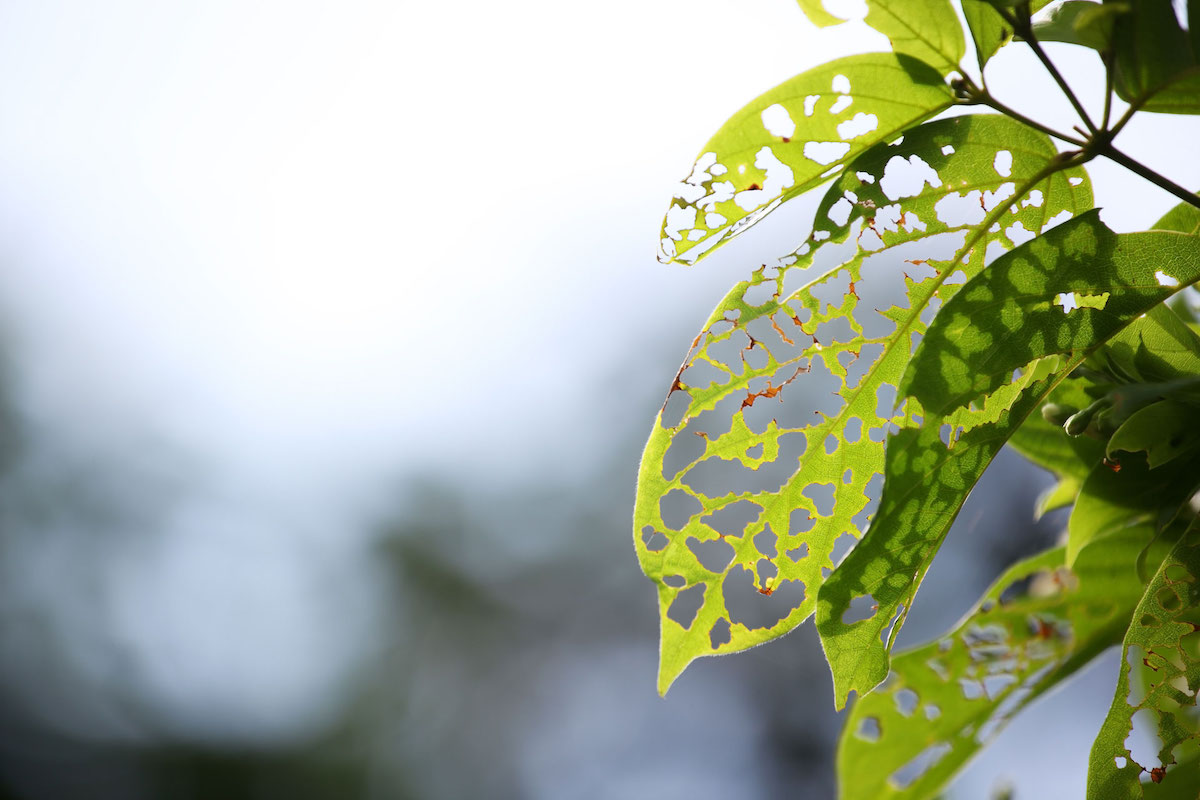

How We Farm
Living Soils
Bugs, bugs, bugs. They’re everywhere! And fungus, blights, and mold oh my! These are the bane of farmers everywhere—after all, they know good food when they see it, just like us.
But, left unchecked, they can destroy entire fields and orchards, not to mention leave our fruits and veggies looking pretty ugly. And that has sparked the heavy use of very poisonous pesticides that are the hallmark of modern conventional agriculture. Our environment and our bodies have been paying the cost of all those toxins ever since in the form of contaminated soil, water, and chronic health problems.
Here at the Urban Edge Farm, our philosophy is that we’d rather coexist with bugs than wipe them all out with even these natural pesticides, since they’re often expensive and just don’t work very well. Instead, we actually grow a few extra plants and instead of pulling out a pest-ridden one, we leave it so the bugs do not move on to another host. This works well with creatures like the bragada beetle, which loves cabbage, broccoli, and cauliflower.
We also use a technique called companion planting, whereby we plant certain combinations of plants together. This not only maximizes space, production, and pollination but we take advantage of certain plants to naturally repel certain pests (such as marigolds). We also use predatory insects like ladybugs that feed on aphids—one year Julian released over 400,000 of them! (It was cool but we felt like bugs were crawling all over us for hours after the release.)
One last word for you, the consumer: Don’t be afraid or get turned off if our produce doesn't always look quite as picture-perfect as it does in the big supermarkets—it’s perfectly safe to eat. Huge amounts of pesticide, water, and food waste have often gone into creating those big, beautiful, photogenic fruits and vegetables. If your kale sports a few holes in its leaves, there’s a small bruise in your nectarine, or a bug is lurking in your lettuce, never fear! Just rinse or cut off whatever is necessary and go on your merry way. And it can be a good thing to find a caterpillar in your salad—it means no poisons lurk there!
